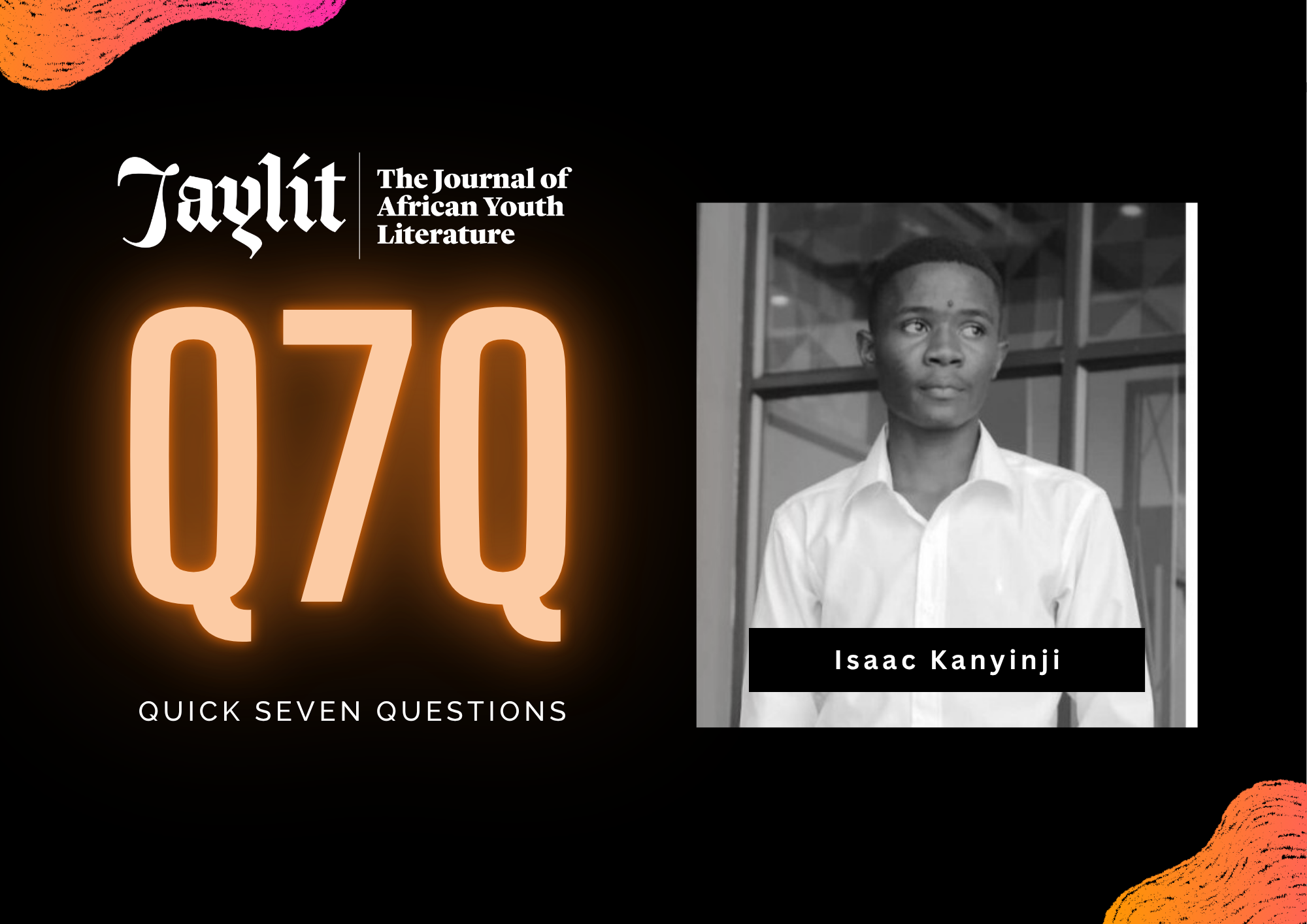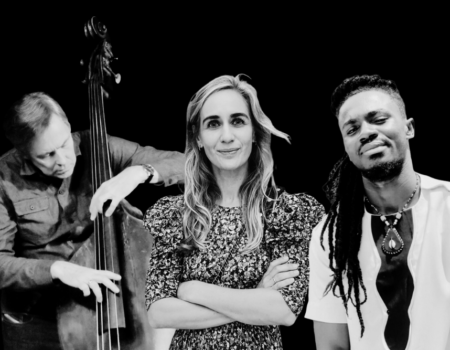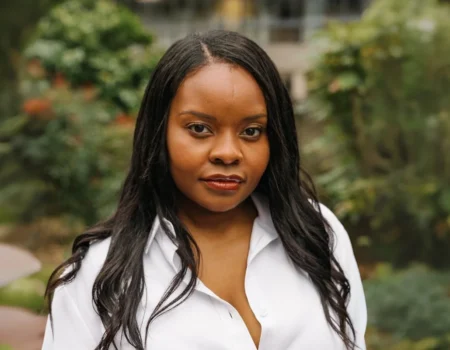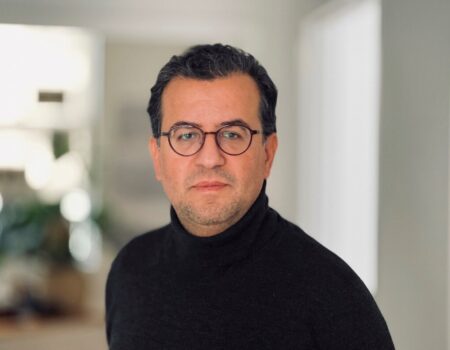Isaac Kanyinji is one of six Zambian writers shortlisted for the 2025 Ubwali Hope Prize, presented by Ubwali Literary Magazine in partnership with Shenandoah. The winner, who will be announced in a few days, will receive $500 and be featured in the fall issue of Shenandoah.
Isaac was shortlisted for his poem, “A 2019 Survey on How People Imagine Themselves Dying”, published in Issue 3 of Ubwali Literary Magazine. The poem can be read here.
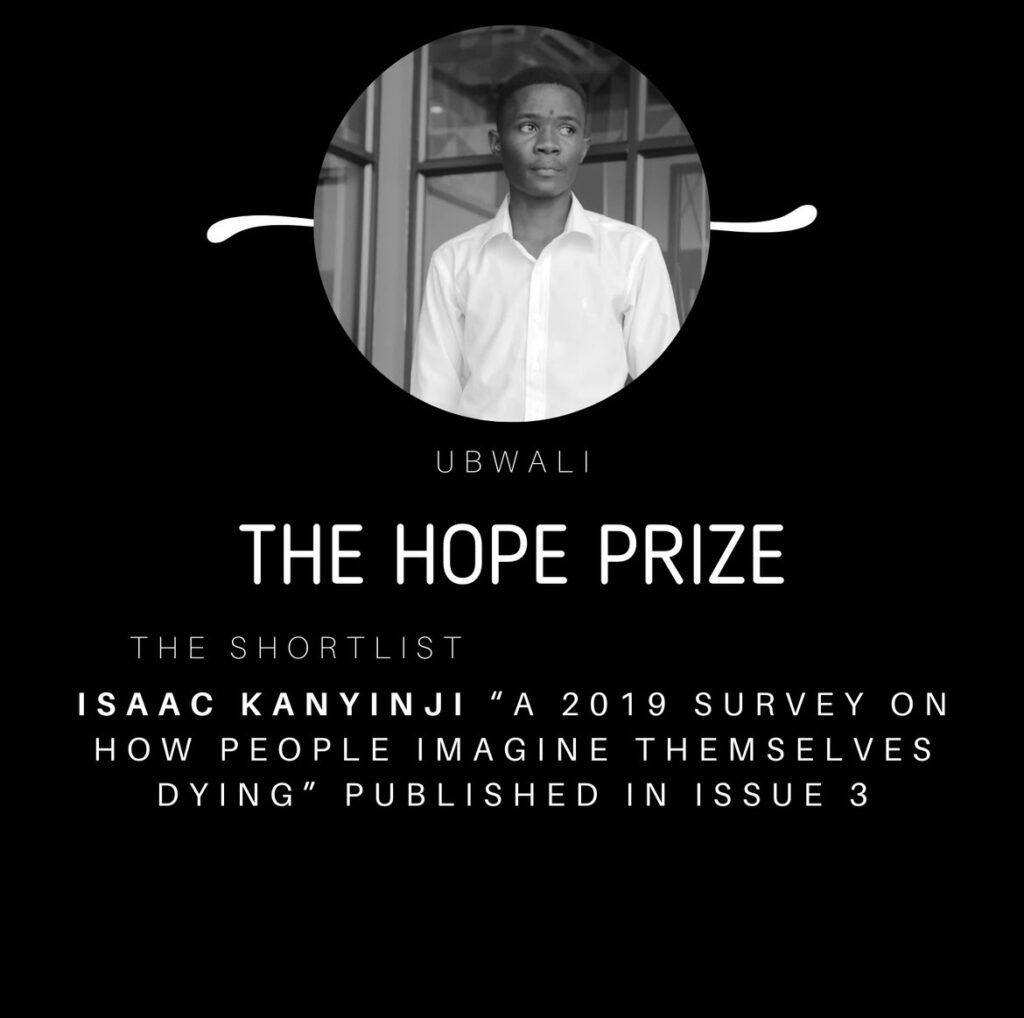
Below is our “Quick Seven Questions” interview with Isaac Kanyinji.
Enjoy!
~
Q1 – Who is Isaac Kanyinji?
Isaac Kanyinji is a Zambian poet and short story writer.
Outside of writing, he is a radio enthusiast and more recently, a lover of photography.
His works have been published both online and in print magazines including Ubwali Literary Magazine, Publish’d Afrika, and Salamander Ink Mag among others.
Q2 – What is the inspiration behind “A 2019 Survey on How People Imagine Themselves Dying.”
Death–that is what I’d say inspired the poem in a single word. “A 2019 Survey on How People Imagine Themselves Dying” was on my stack of uncompleted poems for quite a long time and when I went back to finish it, it was two things that prompted me to do so–the first being a call for submissions from Ubwali, and the second being a bad day in the medical ward I had been working around that time. I like to say that most, if not all of my works are a product of my environment and so getting to experience death at a time when I was writing had an influence on how this poem looks on paper today.
But because this poem was already being written even before either of the earlier mentioned events that prompted me to finish it came along, I should mention that the COVID-19 pandemic was what birthed the writing of the poem. All else, while crucial to what the poem ended up looking like, was built on the foundation of a poem that wanted to document the pandemic and the impact it had.
Q3 – What hopes did you have for the poem when you were submitting it to Ubwali Literary Magazine?
The primary intention behind submitting to Ubwali was to find a home for my work and with that, there is always hope for an acceptance email. This, at the same time, was me attempting for my first local publication –something I had so much wanted for a long time. Before appearing in Ubwali, every other work of mine had been published outside Zambia and when Ubwali (one of the very few Zambian literary magazines) was founded, I made it a wish of mine to have my work there.
So I’d say I hoped for two things: to find a home for my writing and to get something off my wish list.
While I knew about the Hope Prize, it did not cross my mind at the time of submitting my work. I suppose my primary intention was a dream already and so the fact that it was something I wanted so much clouded everything else in the distance.
Q4 – What does ending up on the Hope Prize shortlist mean to you?
To be shortlisted alongside such immense talent is such an honour.
I’m convinced a younger version of me that wrote and kept the writings hidden for fear of sharing his thoughts would be proud. Poetry allows us to share our experiences and the trueness of this is in so many things: It’s in the reception of our work as writers be it in form of feedback from a reader, or an e-mail saying your work has been accepted for publication, it’s in being shortlisted, even. To get such recognition has also been a pat on my shoulder if I can put it that way. In the midst of life’s commotion that so much suffocates the writer in me, being shortlisted is a reminder that the time that I ‘make’ to do what I love is worthwhile.
Q5 – What would winning mean to you?
If being shortlisted has made any statement to me as a writer, it’s that I can pursue both poetry and fiction writing at the same time. For a writer who is only starting out, being a jack of many trades can be quite scary. I would be lying if I say I didn’t think of dropping either of the genres in which I write in order to focus on one at some point. The pressure builds even further when I come across readers who give me opinions on what they think I should concentrate on. Thanks to the conflicting views of the people I meet, I’ve not been able to abandon either. I wish to grow as a writer who is free and perhaps this is what freedom looks like. So to win the Hope prize would accentuate what making the shortlist has already said–that I can be a poet, too.
Q6 – How has this changed, inspired, motivated, or improved you, the writer?
Seeing my work come this far has inspired me to reach for more…even what’s invisible. “You just never know where your work may end up” –I’ve heard this a couple of times from writers I admire but I feel it’s only now that I have gotten to appreciate it. When you begin on the foundation of finding a home for your writing and end up shortlisted for a prize, it opens up a new dimension of possibility –not to mention, one which may not have been there to begin with.
Getting to interact with the other shortlisted writers has also proved to be a learning point for me. I had an opportunity to attend a discussion engaging with each of the shortlistees and so that, coupled with the background of having read their works proved really insightful. Iit was the reminder I so much needed that there are like-minded people out there, that Zambian literature is alive. That in itself is motivating.
Q7 – What future plans do you have for your writing?
I am currently working on something that I intend to be my debut. A collection of poems? A collection of short fiction? We’ll see. I still cannot tell which side of me will debut first but because I was first read as a poet, I have an inclination to it.
Other than that, I think retiring at 30 to write in some treehouse in the middle of a forest while drinking some Scotch is not a bad idea so I’ll see how that goes (Laughs).
~
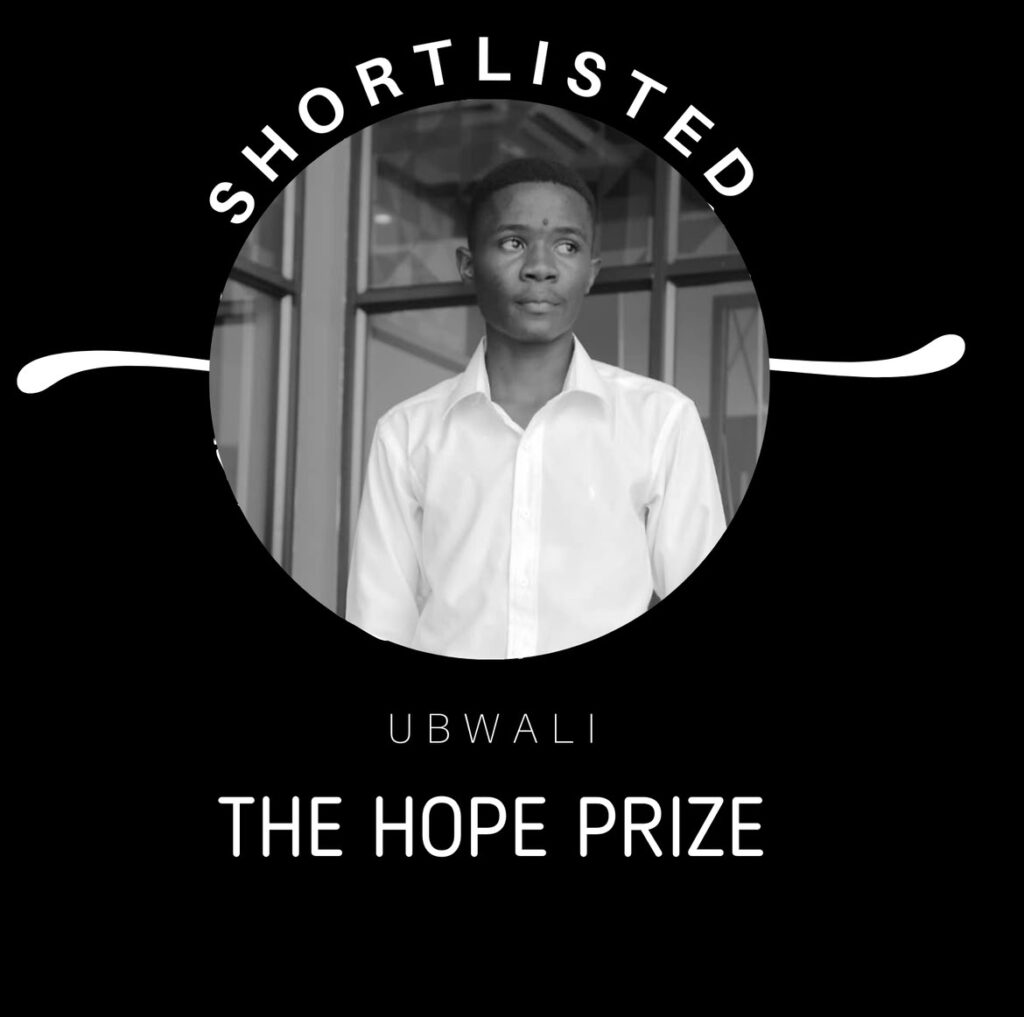
Isaac Kanyinji is a Zambian poet and short story writer. His work appears both online and in print publications including Ubwali Literary Magazine, Publish’d Afrika, and Salamander Ink Mag among others.



